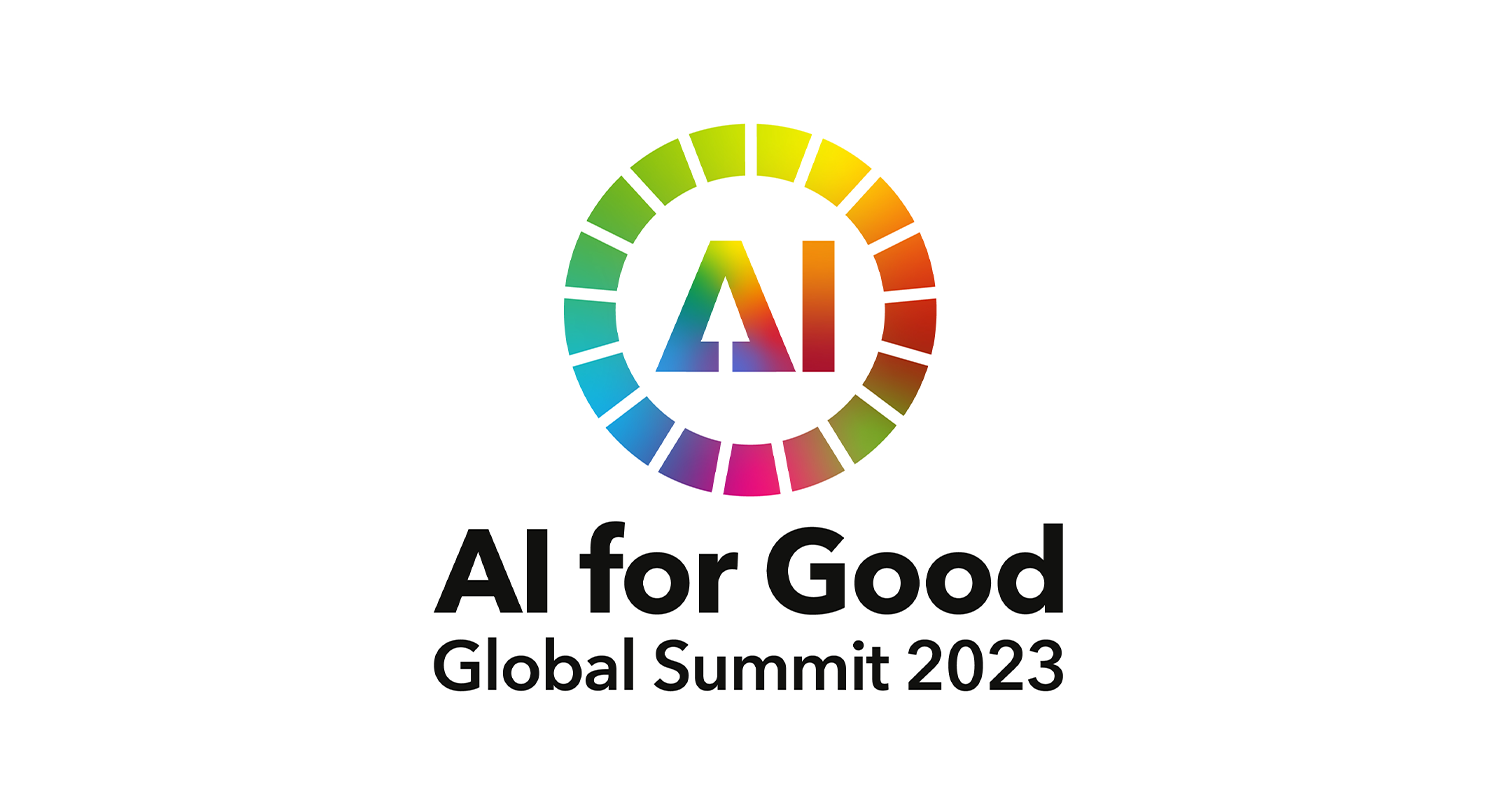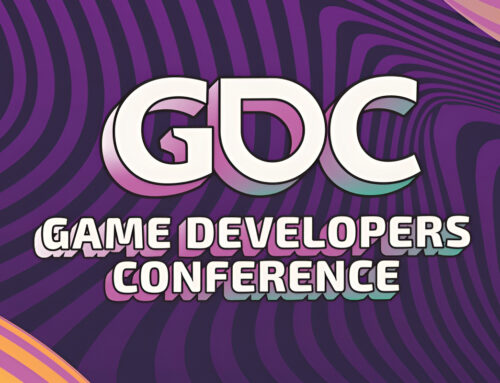AI For Good Global Summit: Geneva, July 6-7
“AI for Good Global Summit” was held on July 6-7 to identify practical applications of AI, scale solutions for global impact, and accelerate progress towards the UN Sustainable Development Goals.
Experts on generative AI discussed the current risks and future potential of this technology during the panel “The next wave of AI for Good – towards 2030”. They emphasized the importance of educating the next generation about its capabilities and the need for global cooperation in tackling regulatory and social challenges. “The biggest near-term risk [of generative AI] is deliberately created misinformation using large language tools to disrupt democracies and markets,” said Gary Marcus, former professor of Psychology and Neural Science at New York University and chief executive officer of the newly created Center for Advancement of Trustworthy AI. Marcus sees government regulation as essential to ensuring a future in which generative AI works for good. “There’s a tension right now between fostering innovation and regulation,” he said. “I think it’s a false tension. We can foster innovation through regulation, telling Silicon Valley you need to make your AI trustworthy and reliable.”
Wendell Wallach, the co-director of the AI and Equality project within the Carnegie Council for Ethics and International Affairs, flagged inequality between wealthy northern hemisphere countries and poor southern hemisphere countries (the so-called Global North and Global South) as a problem exacerbated by generative AI. For example, the World Economic Forum published a blog post in January 2023 that notes generative AI is primarily made and used in the Global North.
Language is also an obstacle. People who speak languages in which a lot of data is produced are more likely to be able to find useful applications for generative AI, Gary Marcus said. “You have an expansion of inequality because people who operate in well-resourced languages and have a lot of money can do things people using other languages do not.” He compared the generative AI boom to the social media boom, in which companies grew faster than the regulation around them. “If we play our cards right, we will seize this moment — in individual countries like the U.S., where I’m from, and at the global level — where people realize something needs to be done. If we don’t, we’ll have a year of hand-wringing,” Marcus said.
AI for Good Global Summit was organized by the International Telecommunication Union (ITU), the UN’s specialized information and communication technology agency, in partnership with 40 UN sister agencies and co-convened with the government of Switzerland.
Source: TechRepublic
Share:
“AI for Good Global Summit” was held on July 6-7 to identify practical applications of AI, scale solutions for global impact, and accelerate progress towards the UN Sustainable Development Goals.
Experts on generative AI discussed the current risks and future potential of this technology during the panel “The next wave of AI for Good – towards 2030”. They emphasized the importance of educating the next generation about its capabilities and the need for global cooperation in tackling regulatory and social challenges. “The biggest near-term risk [of generative AI] is deliberately created misinformation using large language tools to disrupt democracies and markets,” said Gary Marcus, former professor of Psychology and Neural Science at New York University and chief executive officer of the newly created Center for Advancement of Trustworthy AI. Marcus sees government regulation as essential to ensuring a future in which generative AI works for good. “There’s a tension right now between fostering innovation and regulation,” he said. “I think it’s a false tension. We can foster innovation through regulation, telling Silicon Valley you need to make your AI trustworthy and reliable.”
Wendell Wallach, the co-director of the AI and Equality project within the Carnegie Council for Ethics and International Affairs, flagged inequality between wealthy northern hemisphere countries and poor southern hemisphere countries (the so-called Global North and Global South) as a problem exacerbated by generative AI. For example, the World Economic Forum published a blog post in January 2023 that notes generative AI is primarily made and used in the Global North.
Language is also an obstacle. People who speak languages in which a lot of data is produced are more likely to be able to find useful applications for generative AI, Gary Marcus said. “You have an expansion of inequality because people who operate in well-resourced languages and have a lot of money can do things people using other languages do not.” He compared the generative AI boom to the social media boom, in which companies grew faster than the regulation around them. “If we play our cards right, we will seize this moment — in individual countries like the U.S., where I’m from, and at the global level — where people realize something needs to be done. If we don’t, we’ll have a year of hand-wringing,” Marcus said.
AI for Good Global Summit was organized by the International Telecommunication Union (ITU), the UN’s specialized information and communication technology agency, in partnership with 40 UN sister agencies and co-convened with the government of Switzerland.
Source: TechRepublic









